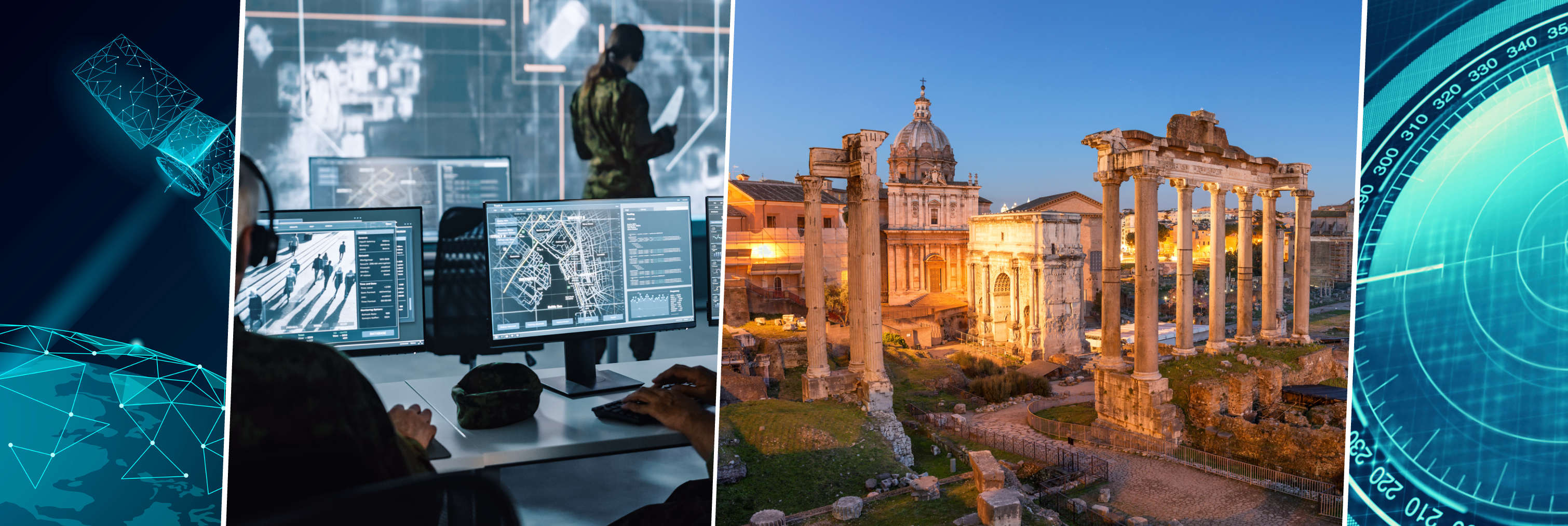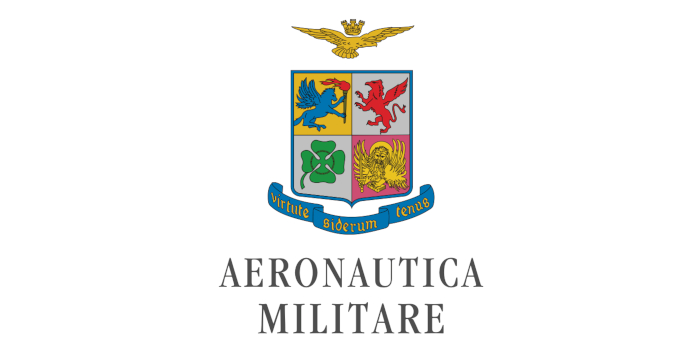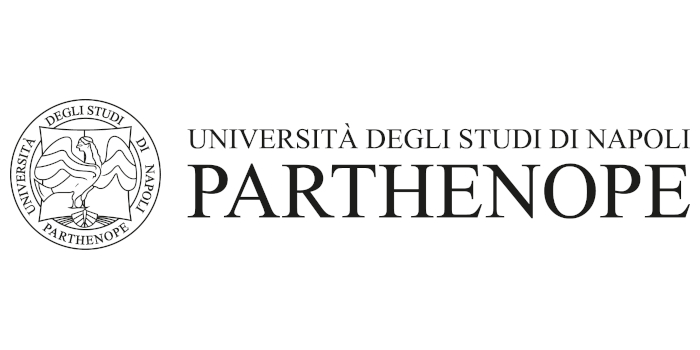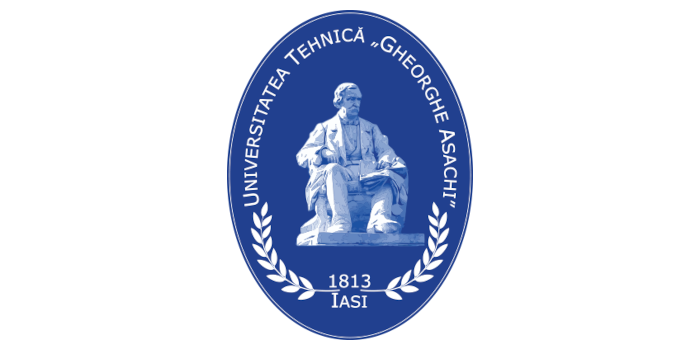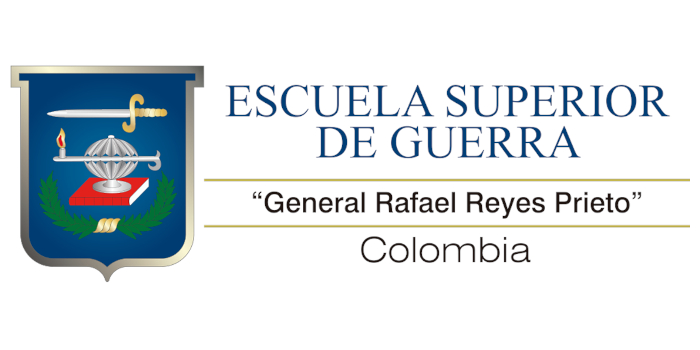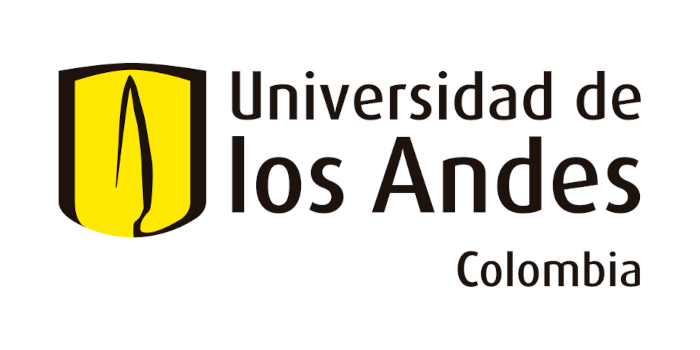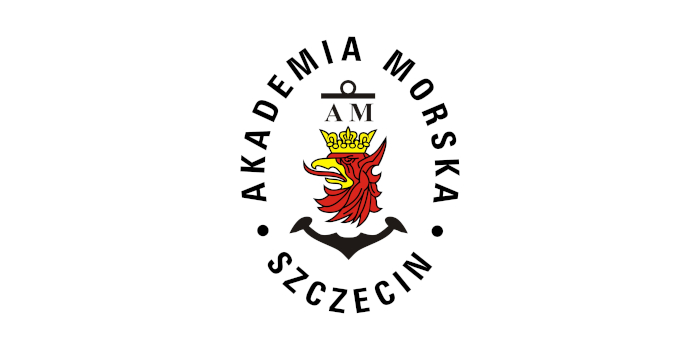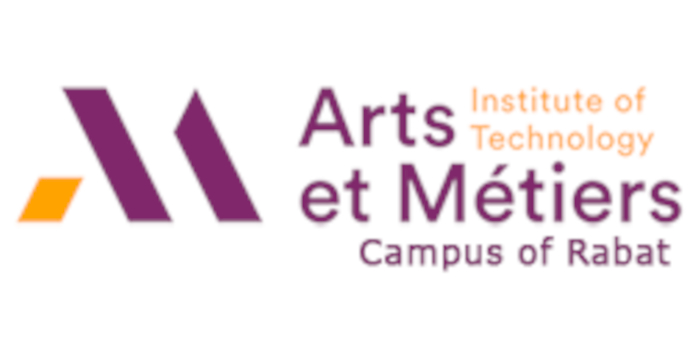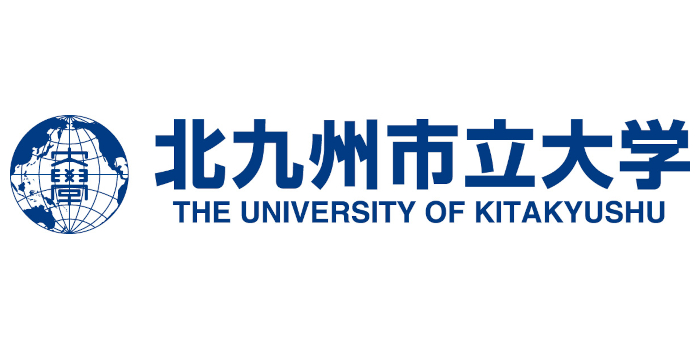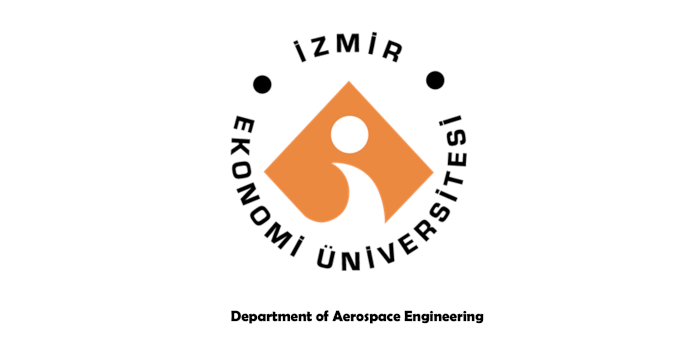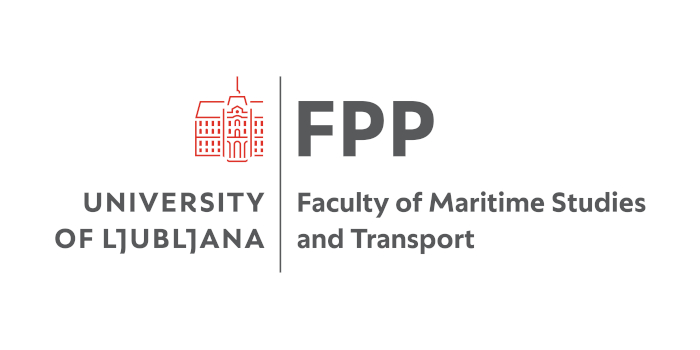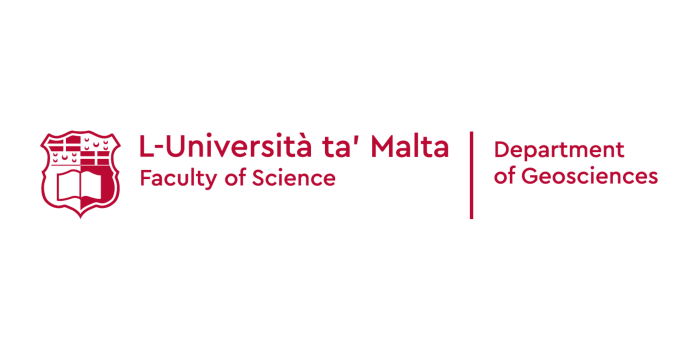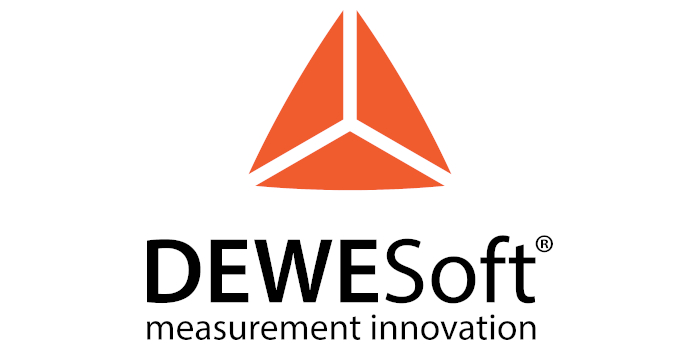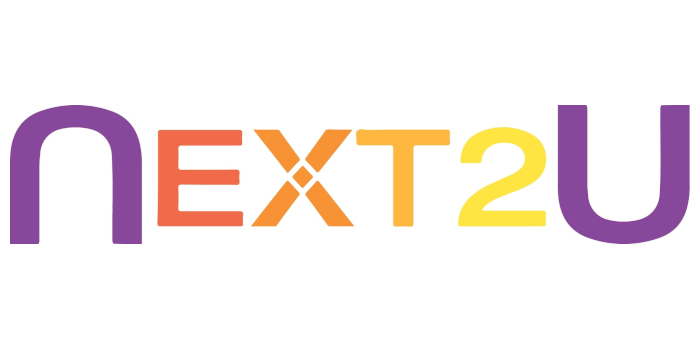ROUND TABLE
Cybersecurity and AI: Strengthening Defense and Ensuring the Security of Our Country
Cybersecurity has rapidly evolved from a specialized issue to a global imperative, due to the increasing complexity of digital ecosystems. Encompassing the protection of systems, networks and data from digital attacks, cybersecurity offers perspectives involving various stakeholders’ viewpoint (individuals, corporations, governments, defence).
Artificial intelligence (AI) is rapidly transforming the landscape of cybersecurity, offering, on one hand, effective and powerful tools to defend against increasingly sophisticated attacks, but, on the other hand, introducing new vulnerabilities and ethical dilemmas.
The round table will discuss the role of AI in cybersecurity, analyzing different perspectives:
- Security Professionals - AI as a force multiplier. Machine learning algorithms can analyze vast datasets to detect anomalies, predict threats, and automate responses faster than human analysts. AI-driven tools like intrusion detection systems and behavioral analytics are now essential in modern cyber defense.
- Cybercriminals – AI as a bypass of traditional security measures. They can use it to craft more convincing phishing schemes and even develop self-mutating malware, in a race which is reshaping the threat landscape.
- Policy Makers and Ethicists – AI as a new concern about transparency and accountability. AI systems can be opaque, making it difficult to understand how decisions are made, especially in high-stakes environments like national security or financial systems.
Some of the key threats to cybersecurity that will be analyzed are:
- Adversarial AI: Attackers can exploit weaknesses in machine learning models, feeding them deceptive data to manipulate outcomes.
- Data Privacy: AI systems require massive amounts of data to function effectively. Balancing data collection with privacy rights remains a persistent challenge.
- Skill Gaps: Implementing AI in cybersecurity demands specialized knowledge. Finding technicians capable of managing and interpreting AI-driven tools could be critical.
- Regulation (ethics) and Governance: The rapid evolution of AI outpaces existing legal frameworks. Establishing global standards for ethical AI use in cybersecurity is still a work in progress.
Cyber threat lives in a non-Euclidean topology. Adequate math techniques should exploit this evidence. AI artifacts are exponentially co-evolving with humans and cybersecurity operators too.
Alfonso Farina (Ph.D. H.C.) and Prof. Salvatore Ponte (University of Campania “L. Vanvitelli”) will focus their chats at the round table on these topics.
PANELLISTS
Alfonso Farina - Ph.D. H.C., Selex-ES, Rome (retired)
Cybersecurity must be exercised in a non-Euclidean world
Salvatore Ponte - University of Campania "L.Vanvitelli"
Building Resilience in the Digital Age: a Cybersecurity Curriculum for Engineers and Defense Operators
Christian Giusti - Head of Artificial Intelligence & Big Data Technologies - LEONARDO
AI-based signal processing: towards the next generation of Cognitive Sensors
LT. Col. Michele D'Amore - Italian Air Force
Artificial Intelligence in the Italian Air Force: an Overview
Paolo Pari - DIGISKY
New Aerospace Techonologies to strenghten Defense Security
Angelo Giuliana - Meditech Competence Center
From Key to Photon: Integrating Post-Quantum Cryptography and Quantum Key Distribution in Defence Communications Security
Col. Giovanni Chessari - Italian Army
Italian Army in the Counter-Drone race
Michele Cortese - AKRON C4SEC
AKRON C4SEC Solutions for Quantum Resistant Hardware Encryption
Domenico Soriano - MAREGROUP
How the I.A. can support Security Defense as digitalization of the Information
CV Gianluca Maria Marcilli - Navy General Staff, Technological Innovation Office
Italian Navy: Cybersecurity and AI projects

